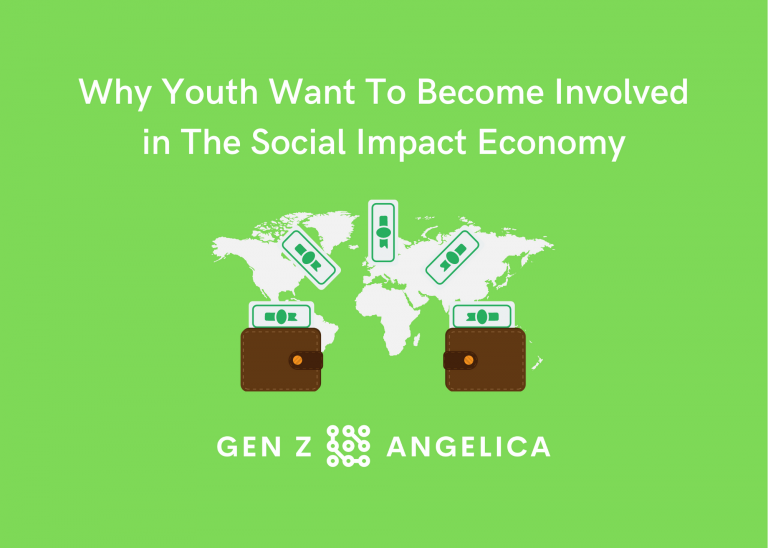Calling all youth social entrepreneurs!
In 2022 EC adopted the Social Economy Action Plan, which you can read on EC’s website (link below) or find more info on our platform. There are also more great opportunities to come, including the ones targeting youth! Read the intro from the www.socialeconomy.eu.org website!
Follow this website here and see the latest news once it will be launched!
https://www.socialeconomy.eu.org/2022/01/17/2022-what-is-on-now-for-the-social-economy/


This publication has been prepared within INDIGISE project. The content of this publication is the sole responsibility of the project coordinator and may not always reflect the views of the European Commission or the National Agency.










